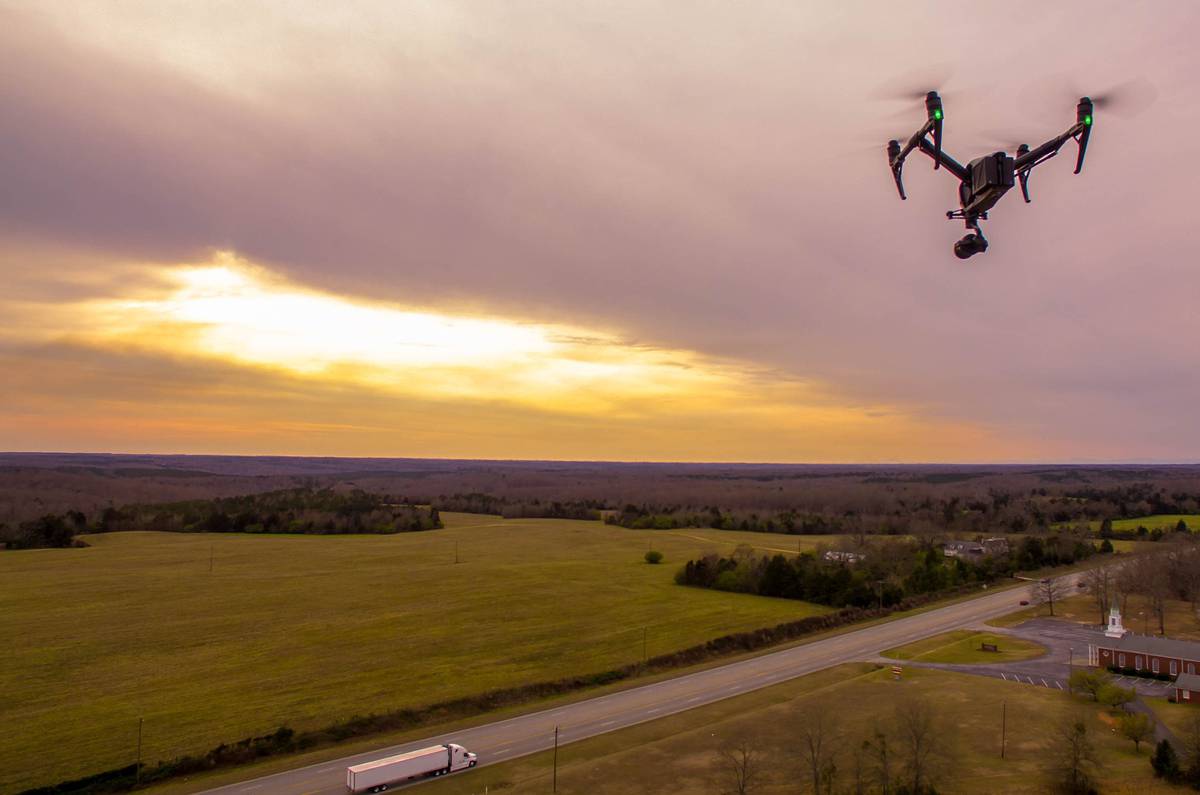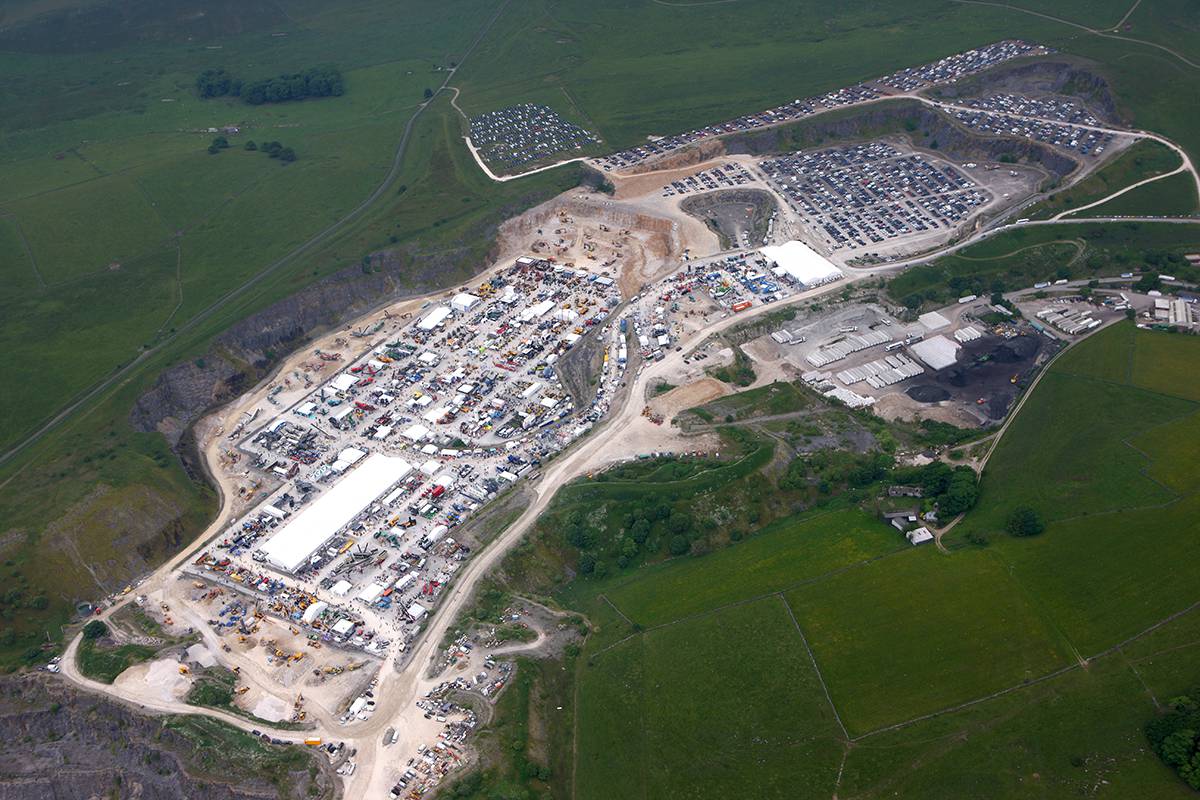Hedera Network enables Neuron to track Drones in UK Government Sponsored Trial
Neuron, a leader in aviation technology and air traffic critical national infrastructure, has leveraged the Hedera network, the most used, sustainable, enterprise-grade public ledger for the decentralized economy, in a UK government-sponsored trial to demonstrate the capability to safely track the movements of military, enterprise, and government drones once out of visual line of sight.
The trials, which took place at Port Montrose in Scotland on 29 April 2021, and at Cranfield University during October 2021, used sensors to track the drones, recording flight data via the Hedera Consensus Service. Over time, Neuron’s vision is to provide a decentralised platform for a range of mobility solutions including drones, air taxis, autonomous vehicles and ground robots. Neuron will do this by connecting sensors, vehicles and management systems to provide a trusted network which can be used for data sharing, record keeping and potentially even decision making.
Niall Greenwood, CCO of Neuron, said: “Until now, drones have had limited benefit for governments and private enterprises, because they could not be flown safely out of line of sight and therefore could not be used for long distance deliveries, transport, or inspections. With this trial, leveraging Hedera Consensus Service, we have made unmanned, long distance drone travel possible using safety-critical aviation infrastructure. Each flight creates millions of data points, which no other public ledger has been fast enough to log and correctly order. By leveraging the Hedera Consensus Service we can gather, store, and order this data immediately, giving us a real time ‘radar system’ for drones.”
Neuron sensors pick up data points on each drone’s location and direction. From there, the Hedera Consensus Service provides a unique method of logging and timestamping the data from each drone flight onto Hedera’s decentralized public ledger. The Hedera network operates at a higher speed and performance, with a lower cost per transaction than any other public distributed ledger technology (DLT), offering a scalable basis for drone flights to be adopted across industries. The Hedera network offers all applications the highest grade of security possible (ABFT), ensuring data protection for users.
The trial was sponsored by the UK government’s department for Business, Energy and Industrial Strategy (BEIS), and took place as part of a series of experiments by BEIS to explore the use of drones. The trial by Neuron successfully demonstrated safely tracking drone flights once out of sight, allowing the drones to fly longer distances safely and securely. Drones for the MediDrone trial are supplied by DJI, the world’s largest drone manufacturer.
Neuron aims to deploy its solution for all drone use cases, transforming industries and supply chains in the UK and internationally. Applications for drone flights leveraging the Hedera-powered radar system in healthcare include remote medical testing, transportation of medical supplies to difficult locations, movement of equipment from hospital to hospital, Covid-19 test kits and beyond, as demonstrated across the UK on-demand.
The Hedera Consensus Service has already been adopted in healthcare solutions in the UK through its usage by Everyware and the NHS to track the cold storage of COVID-19 vaccines, in the Middle East through MVC’s use for their track and trace system for pharmaceuticals in Bahrain, and in the US through its collaboration with SAFE and Acoer to provide COVID-19 track and trace systems for Arizona State University, E&I Cooperative, and major enterprises.
Mance Harmon, CEO and Co-Founder of Hedera Hashgraph, said: “Through this trial, Neuron has exhibited an extraordinary feat, allowing unmanned drones to safely exist in the sky. The Hedera Consensus Service enables the use of drones to transport essential equipment across long distances, which has enormous implications in the fields of healthcare and national security in particular. We are excited to continue Hedera’s work in these sectors, particularly following our notable partnerships with Everyware and Hala Systems, and to see diverse industries realise the benefits of the Hedera Consensus Service.”





























